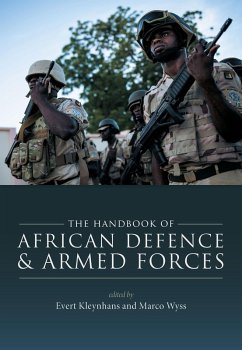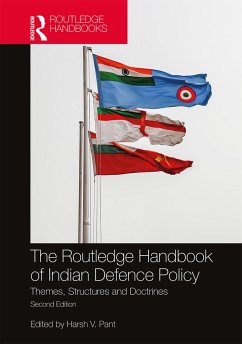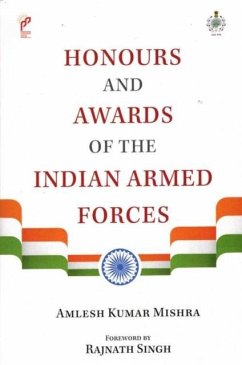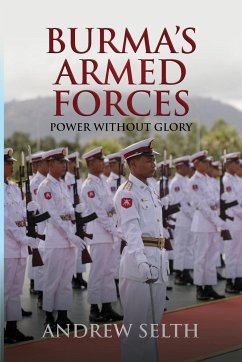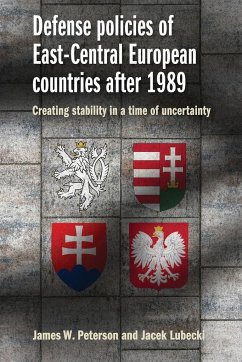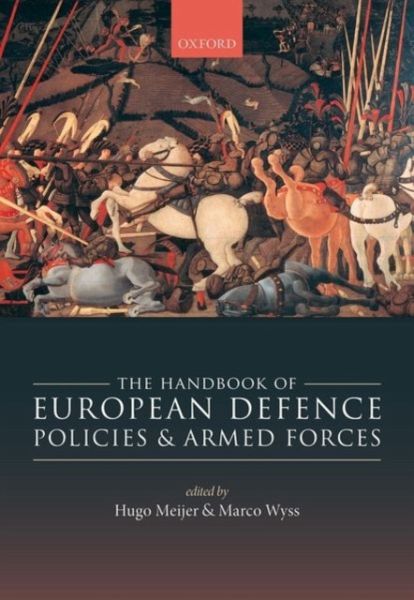
Gebundenes Buch
Handbook of European Defence Policies and Armed Forces
Versandkostenfrei!
Versandfertig in 1-2 Wochen

PAYBACK Punkte
86 °P sammeln!




This volume provides the first geographically and thematically comprehensive study of the evolution and current state of the national security and defence policies, strategies, doctrines, capabilities, and military operations, as well as the alliances and security partnerships, of European armed forces.
Hugo Meijer is Marie Sk¿odowska-Curie Fellow at the Robert Schuman Centre for Advanced Studies, European University Institute, and the Academic Director of the European Initiative on Security Studies (EISS). His publications include Trading with the Enemy: : the Making of US Export Control Policy toward the People's Republic of China (OUP, 2016), and Origins and Evolution of the US Rebalance toward Asia: Diplomatic, Military, and Economic Dimensions (Editor, Palgrave Macmillan, 2015). He has also published in such journals as the Journal of Strategic Studies, European Journal of International Security and the Journal of Cold War Studies. Marco Wyss is Lecturer in the International History of the Cold War at Lancaster University, an Associate Fellow at the Institute of Commonwealth Studies, and a Fellow of the Royal Historical Society. He is co-editor of the 'New Perspectives on the Cold War' book series (Brill), and the editor of the International Journal of Military History and Historiography. His publications include Arms Transfers, Neutrality and Britain's Role in the Cold War (Brill, 2013), Peacekeeping in Africa (co-authored wtih Thierry Tardy, Routledge, 2014), and Neutrality and Neutralism in the Global Cold War (Routledge, 2016). His articles have been published in such journals as the Journal of Contemporary History, International History Review, Journal of Imperial and Commonwealth History, Cold War History, and the RUSI Journal.
Produktdetails
- Verlag: Oxford University Press
- Seitenzahl: 998
- Erscheinungstermin: 28. August 2018
- Englisch
- Abmessung: 250mm x 175mm x 57mm
- Gewicht: 1894g
- ISBN-13: 9780198790501
- ISBN-10: 0198790503
- Artikelnr.: 50905838
Herstellerkennzeichnung
Libri GmbH
Europaallee 1
36244 Bad Hersfeld
gpsr@libri.de
Für dieses Produkt wurde noch keine Bewertung abgegeben. Wir würden uns sehr freuen, wenn du die erste Bewertung schreibst!
Eine Bewertung schreiben
Eine Bewertung schreiben
Andere Kunden interessierten sich für


